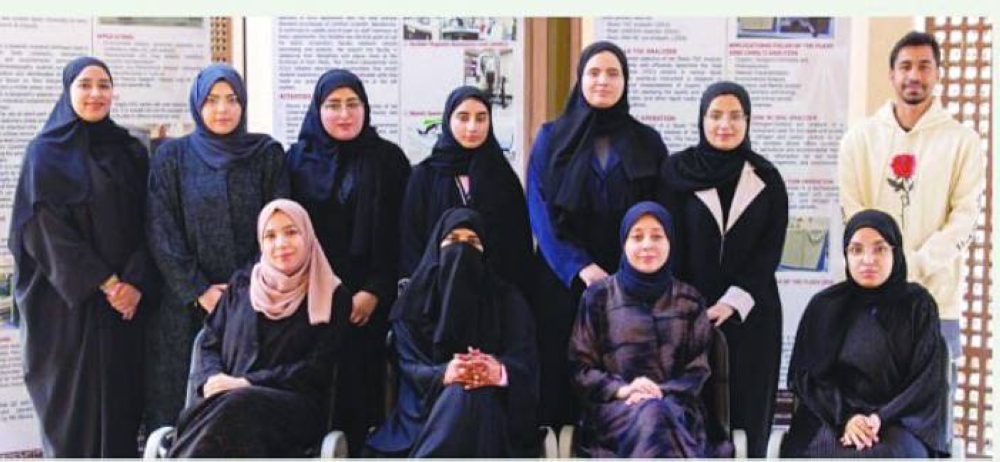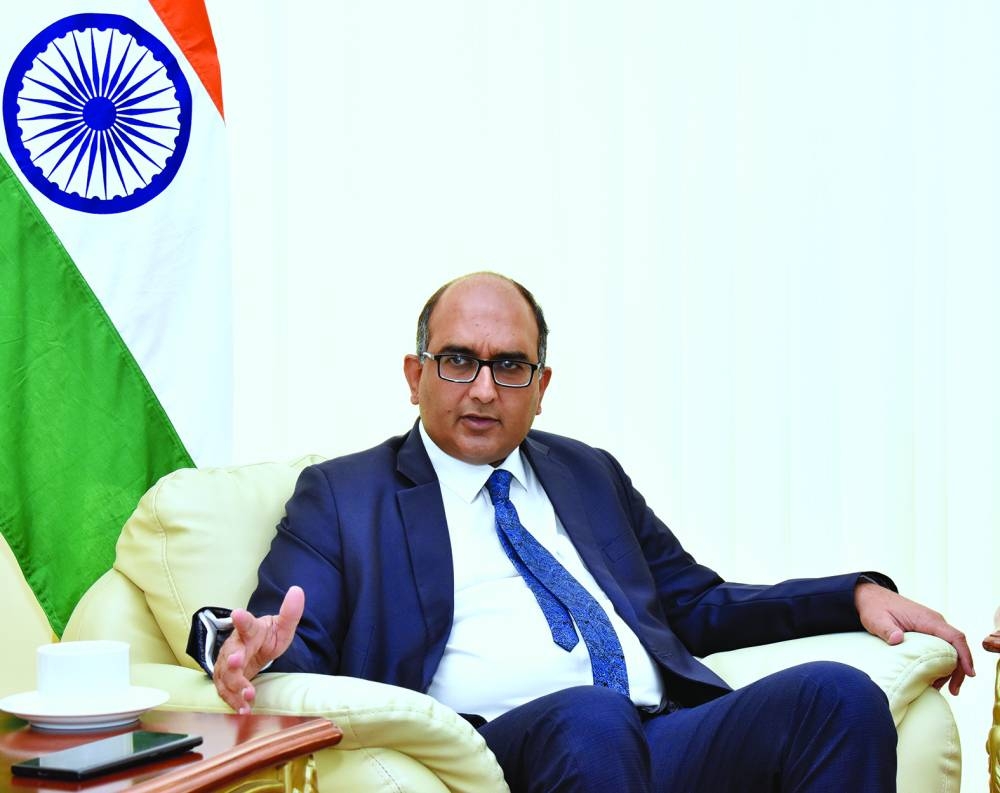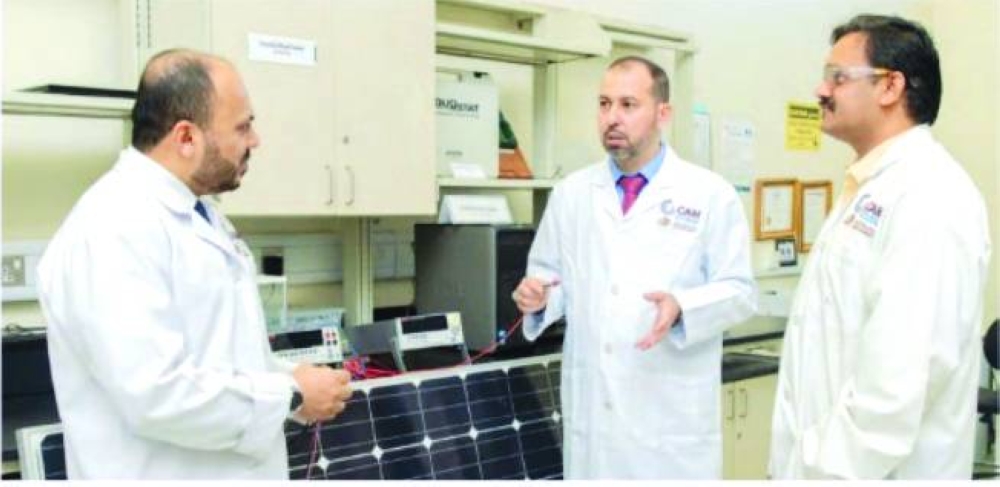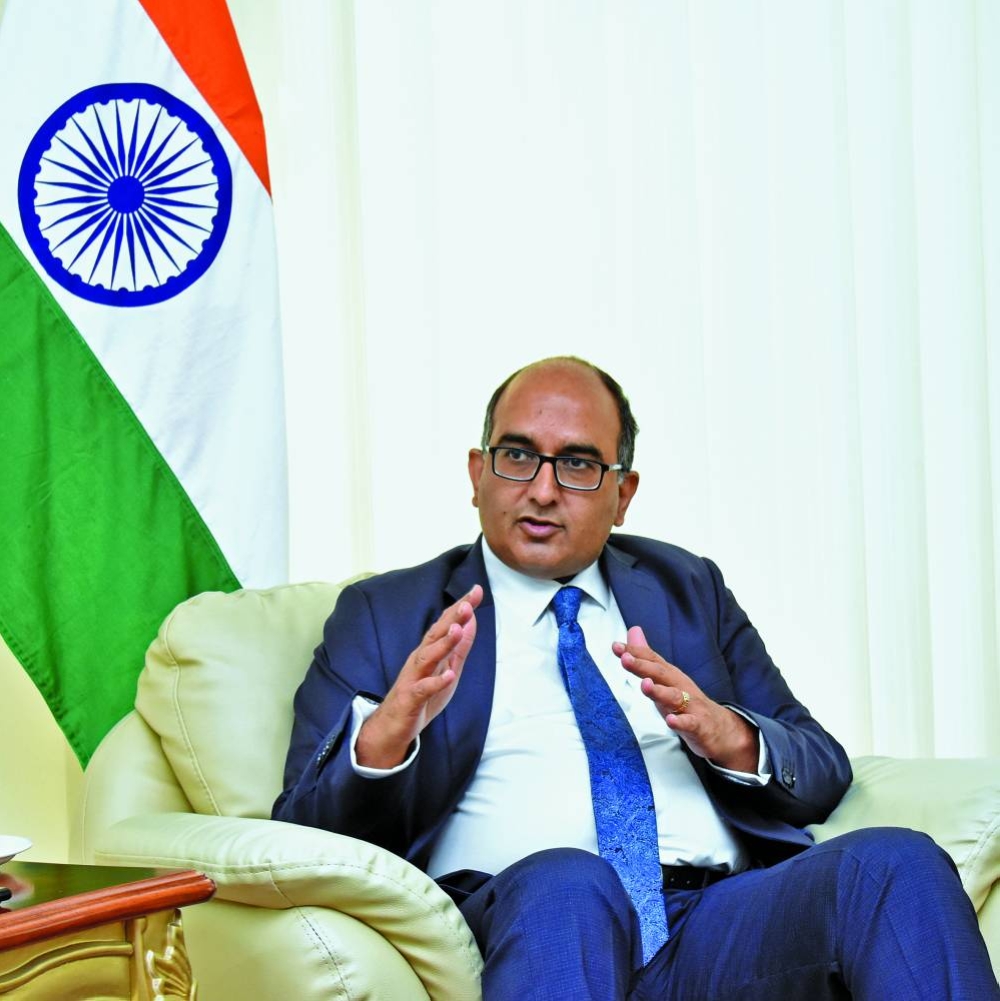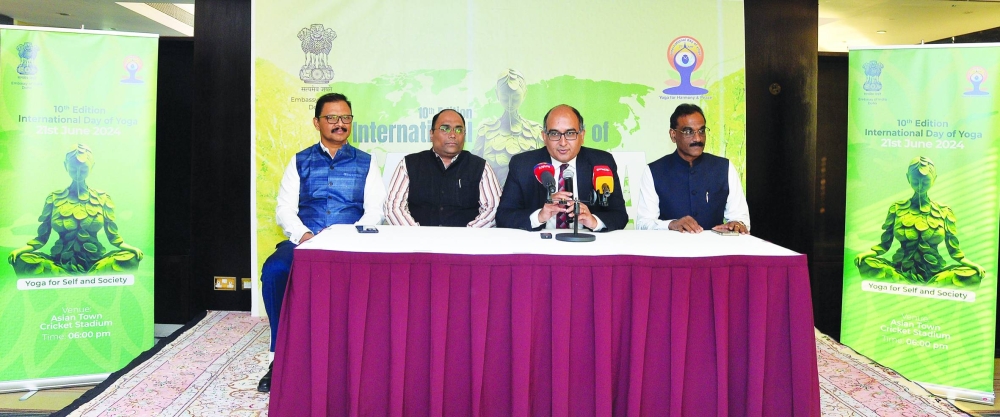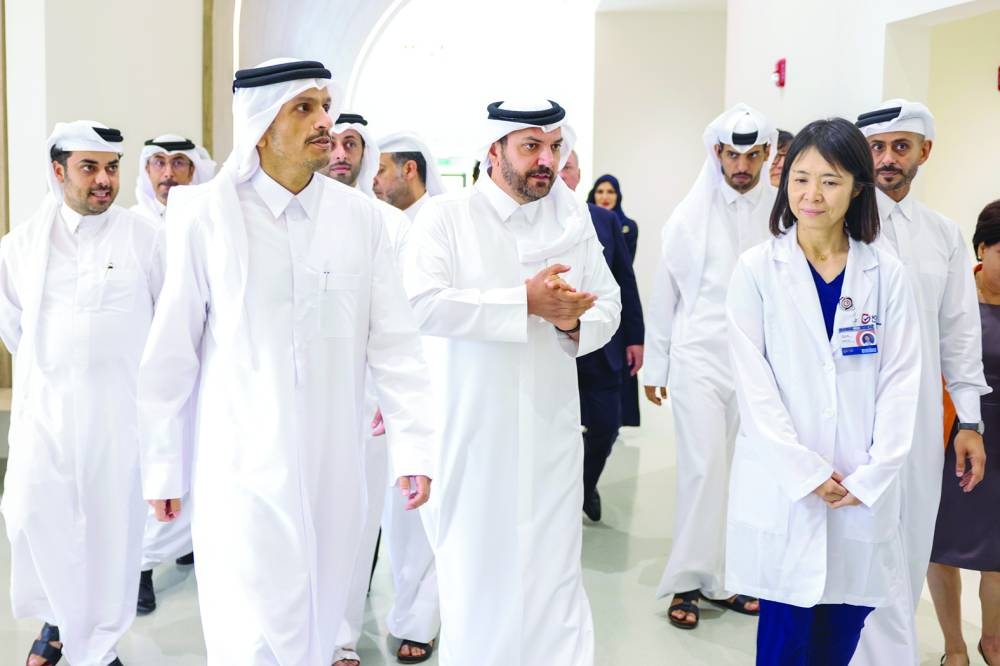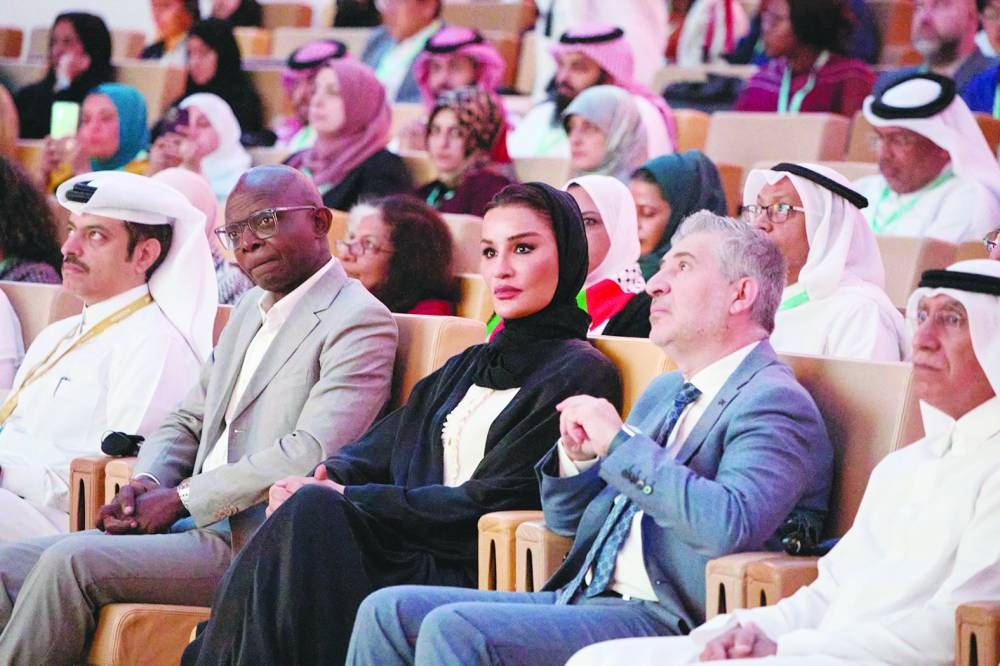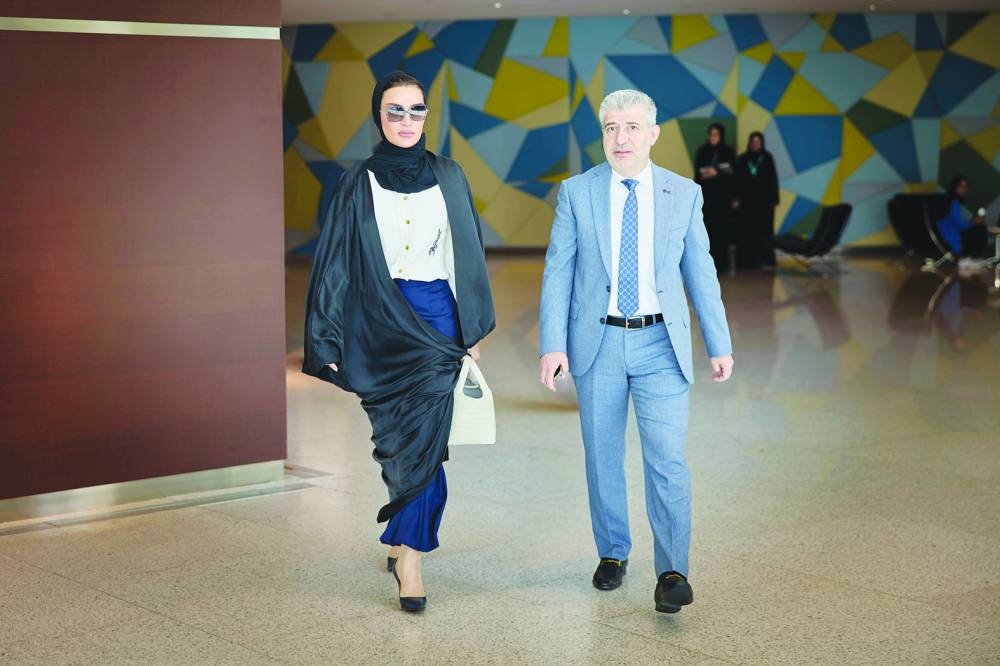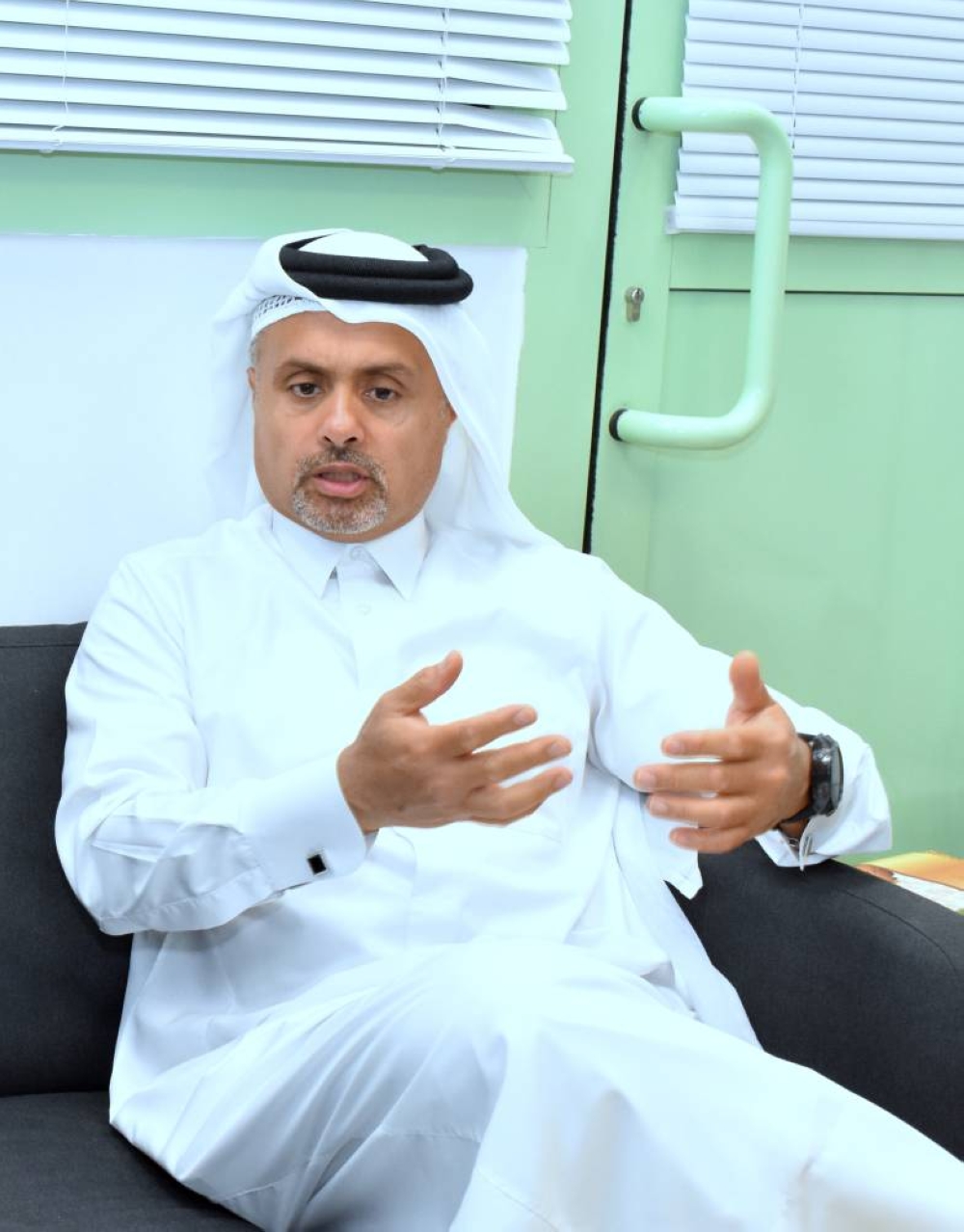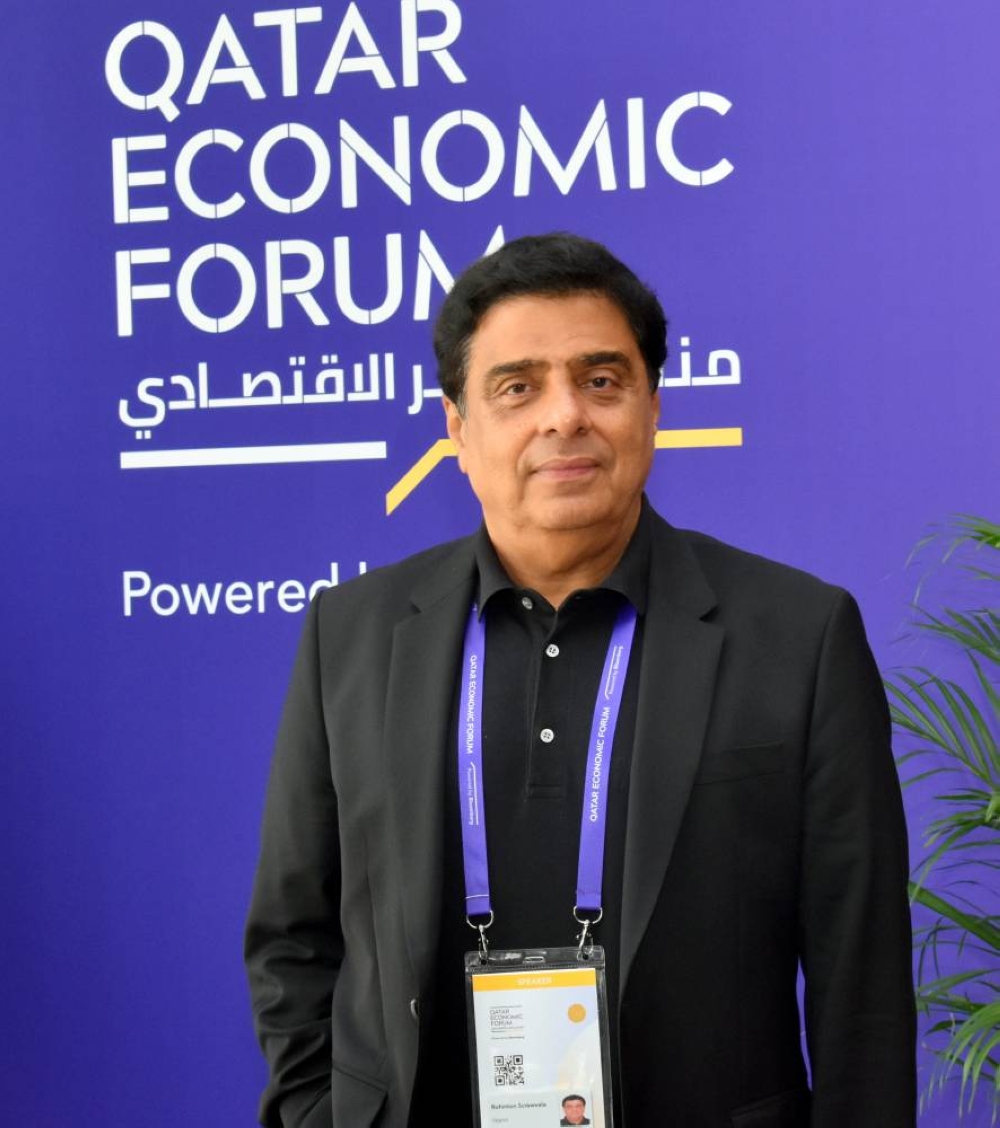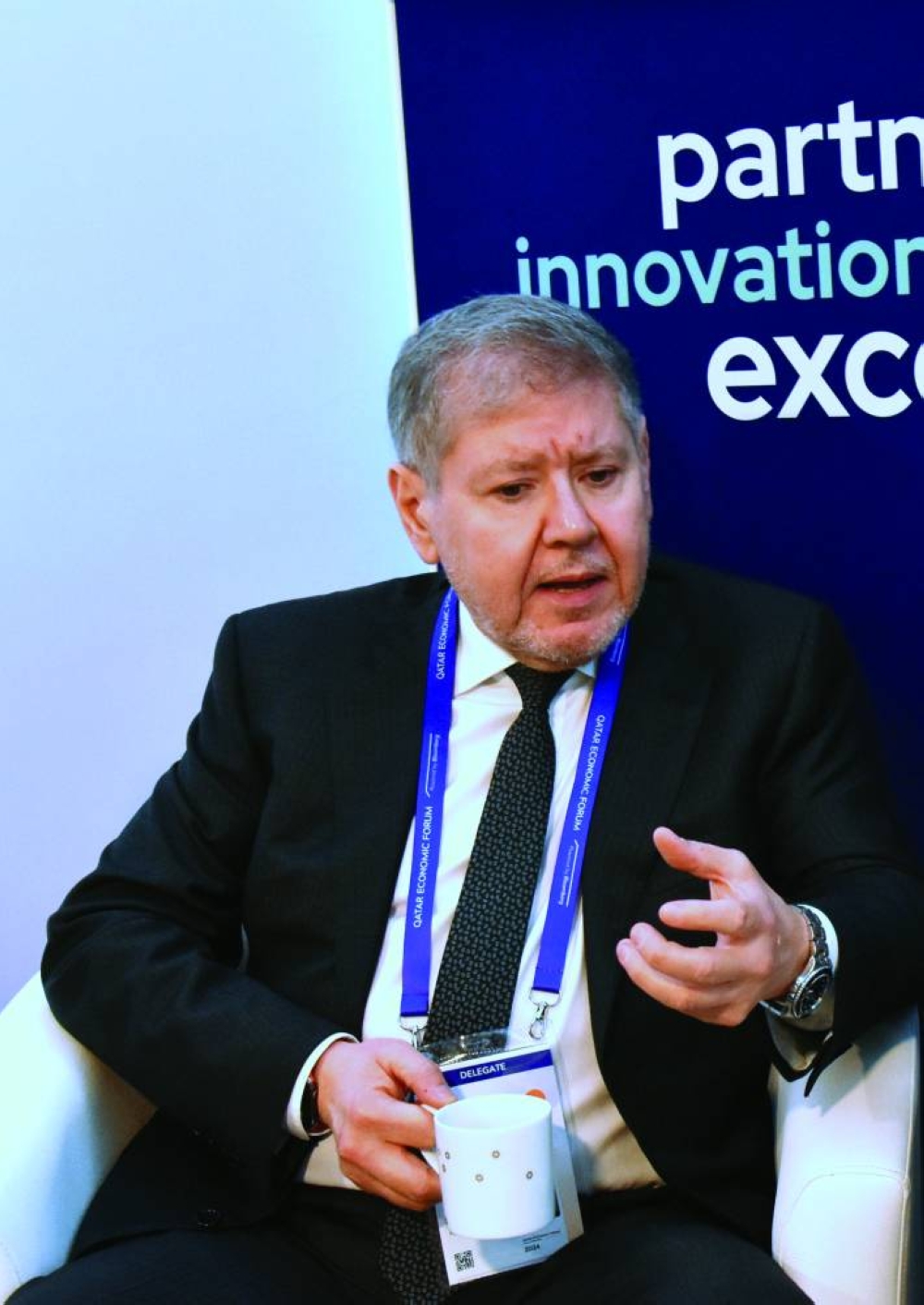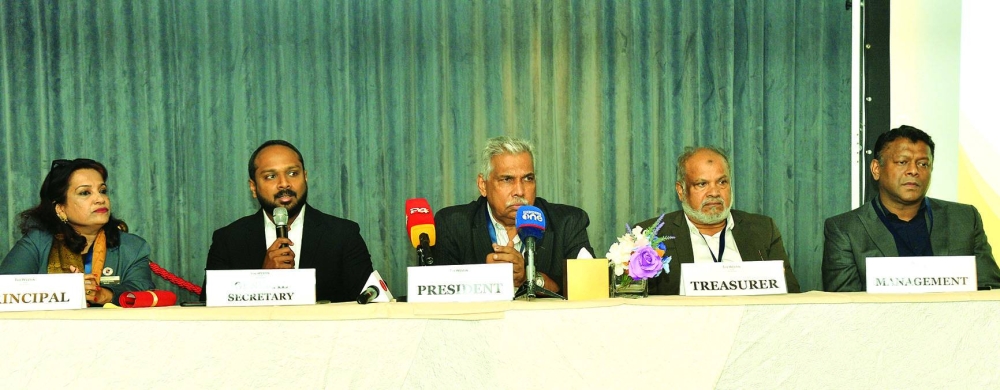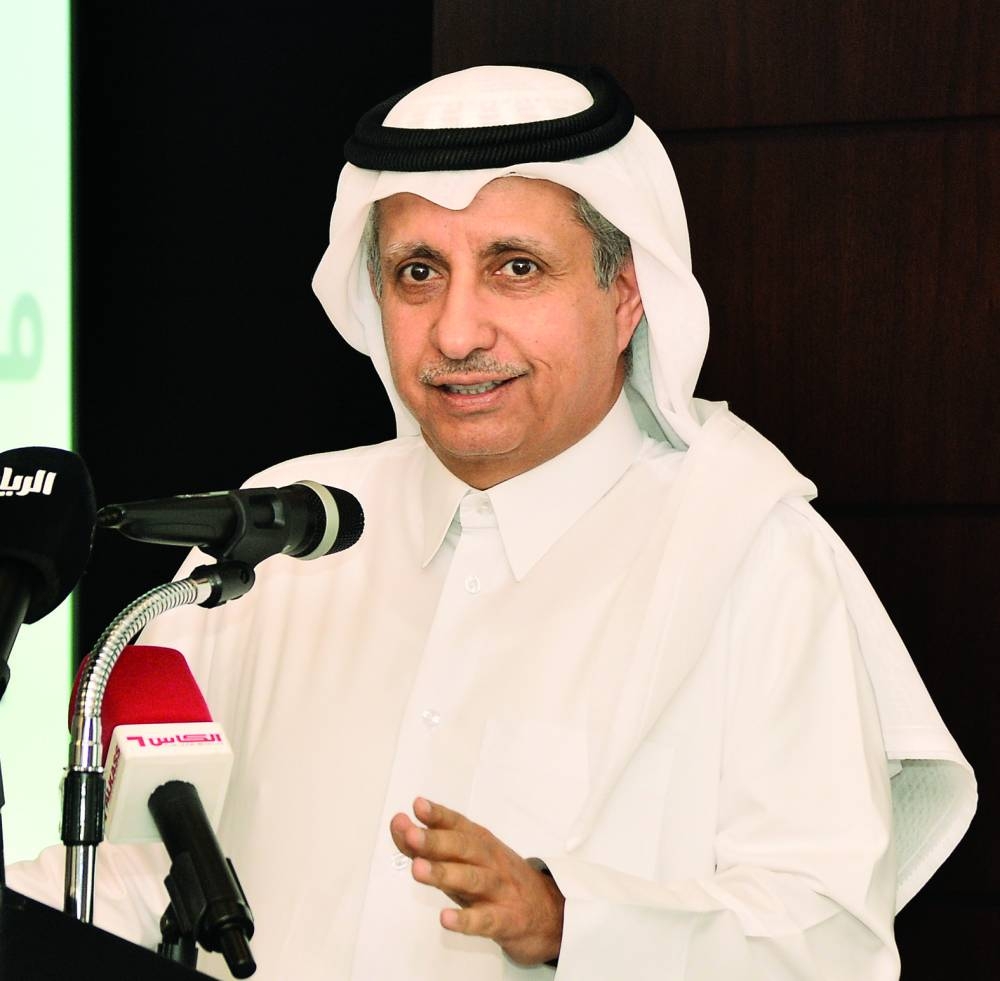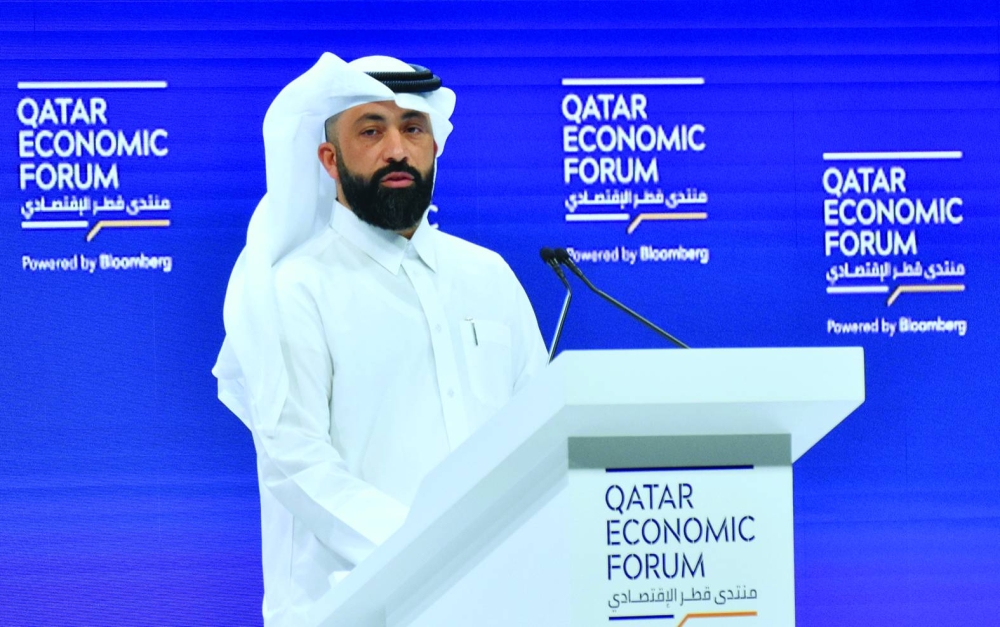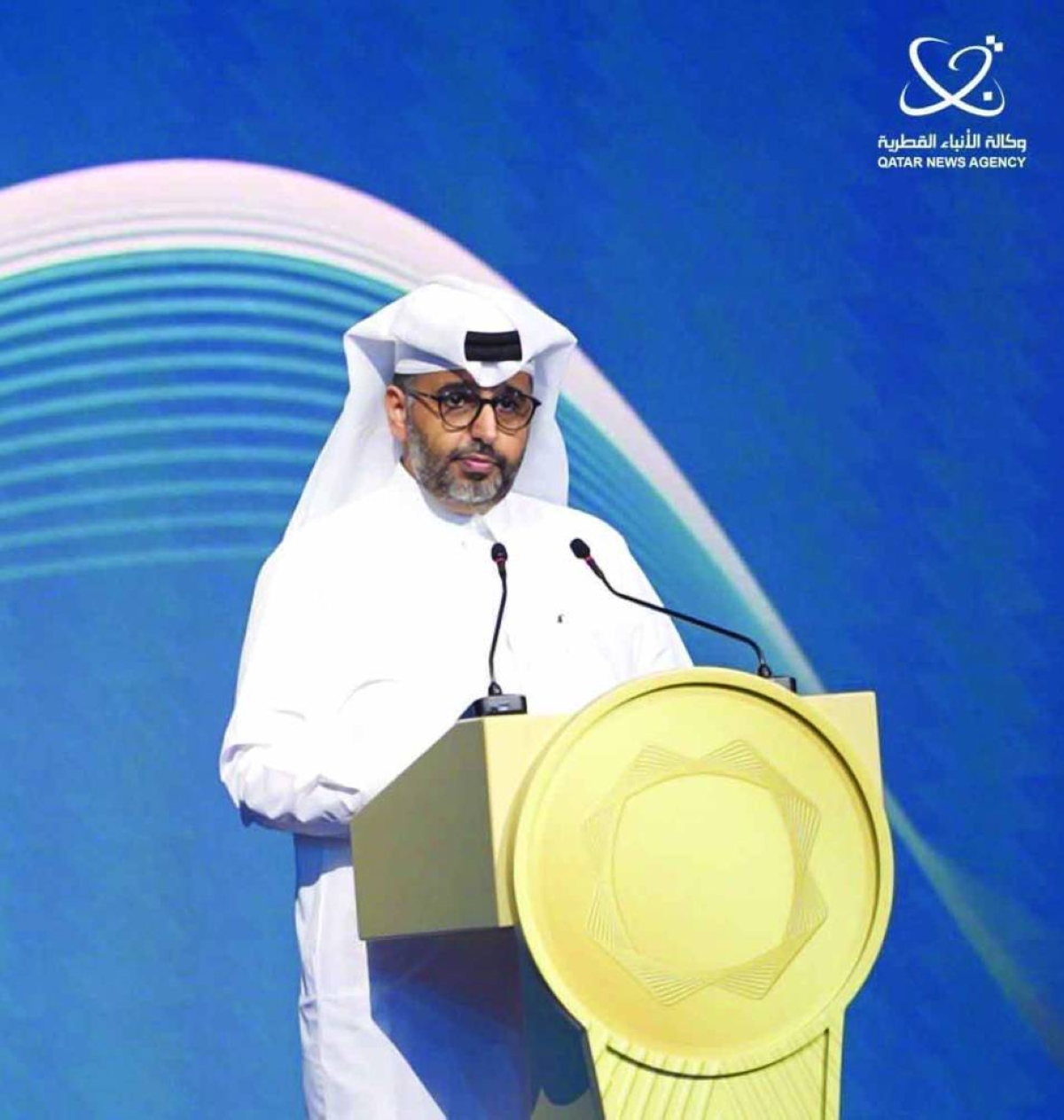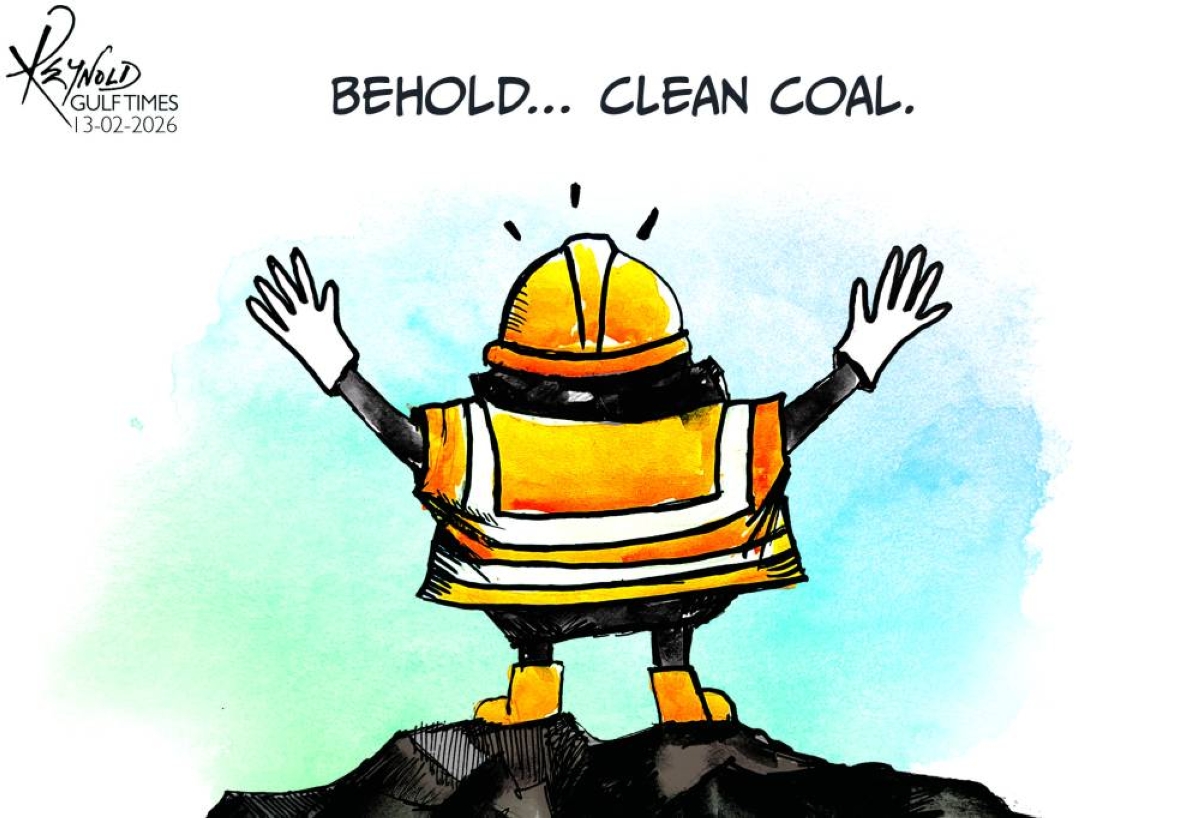A research project, being conducted at Central Laboratories Unit at Qatar University in co-operation with the Omar bin Abdul Aziz Secondary School for Boys of the Ministry of Education and Higher Education, aims to study the possibility of removing pollution from solutions of heavy and rare elements using humic acid and natural clay. An article in the latest edition of QU Research Magazine by Dr Noora al-Qahtani, acting head of CLU, highlights that one of the most pressing environmental challenges in industrial and university sectors is the treatment and disposal of wastewater resulting from analytical activities, such as those in atomic spectroscopy laboratories. Large quantities of liquid waste that contain heavy and rare elements and other environmental pollutants are generated during various analysis processes depending on the nature of the analysed samples.This study looks into the possibility of the treatment of such wastewater. The use of natural, cheap and sustainable absorbents in the treatment of heavy metals is one of the most important methods that help in the safe disposal of these wastes. One of these absorbents is humic substances or what is known as organic materials that naturally exist in agricultural soil and riverbeds. They are natural polymeric materials that include different types of functional groups.The research plan for this study includes separation, purification and classification of humic acid extracted from agricultural manure and preparing humic acid complexes with metals for many heavy metal ions from wastewater in the Atomic Spectrometry Laboratory in the Central Laboratories Unit, which were found to contain many chemical pollutants of the environment upon analysis. It aims to study humic acid-mineral compounds using accurate laboratory wastewater solution and the compounds of elements with natural clay materials through accurate laboratory wastewater solutions. It will also look make a comparative study between the absorption of humic acid and natural clay for heavy and rare metals. And attempt to reach a preliminary design for a filter that contains humic acid and natural clay materials that would be applicable in the various development phases. The research looks at the possibility of using humic and clay materials to treat heavy and rare metal contamination since these materials have compound properties with heavy metals, which many other studies have referred to. The objectives of this study were to use natural organic polymers such as humic acid and natural clay to study the feasibility of these materials for removing heavy metals from wastewater in chemical laboratories.Through a carefully designed research programme, the team from CLU, along with a large group of students from the Chemistry and Earth Sciences major in the College of Arts and Sciences and Chemical Engineering major in the College of Engineering at QU collected samples of wastewater from various atomic spectroscopy analysis laboratories and measured its physical and chemical properties using the techniques and methods of equipment available. The research team is studying the effect of changing the weights of natural absorbents, the impact of increasing the time for pollutants to be exposed to absorbents, the effect of temperature change, the impact of change in the power of hydrogen and other factors. The elements that are studied to search for the best conditions for their removal include arsenic, cadmium, cobalt, chromium, copper, manganese, nickel, lead, zinc, molybdenum, silver, barium and beryllium, which exist in the contents of the atomic spectrometer wastewater.

Joseph Varghese
A journalist with a penchant for reporting events, Joseph Varghese digs deep to unearth facts. With several years of experience, including at Gulf Times, Joseph handles health, science and technology, IT and education in addition to everyday developments.
Most Read Stories

